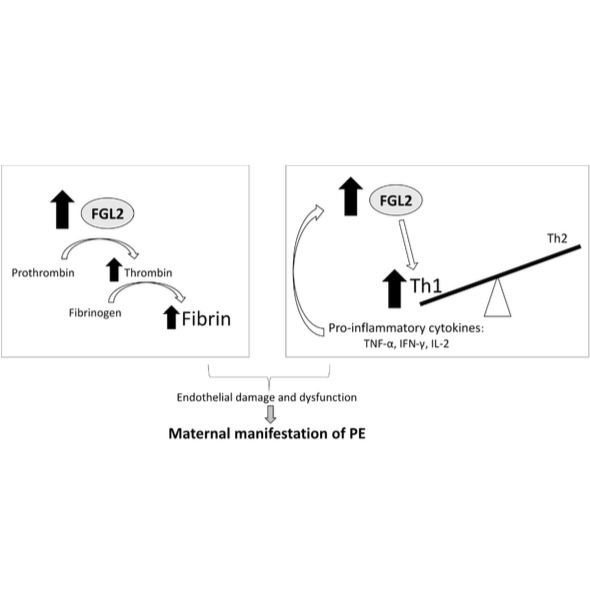The most important organ we have ever owned is our placenta. This vital organ of pregnancy is the site of transport of gases, nutrients and metabolites between the mother and fetus, and it produces hormones that regulate maternal adaptations to pregnancy. A healthy placenta is essential for a healthy pregnancy as it is required for fetal growth and survival. When early placental development and/or function becomes compromised, serious adverse outcomes can arise from both mothers and their babies. In fact, placental dysfunction lies at the heart of the most common and serious obstetrical complications faced today, including: preeclampsia, intrauterine fetal growth restriction (IUGR), preterm birth and intrauterine fetal demise (stillbirth).
The Placenta Lab at the University of Ottawa takes an interdisciplinary approach to identify the mechanisms that underlie abnormal placental development and function, and translates these findings into clinically useful tools aimed at improving pregnancy outcomes. The Placenta Lab is headed by Dr. Shannon Bainbridge, who has trained in the disciplines of molecular and cell biology, reproductive physiology and obstetrics. Dr. Bainbridge’s research program is currently funded by Canadian Institute of Health Research (CIHR), Canadian Foundation of Innovation (CFI), Molly Towell Perinatal Research Foundation and Preeclampsia Foundation. Details of ongoing research projects within the Placenta Lab can be found on the Research Projects page.
Current Research Projects:






